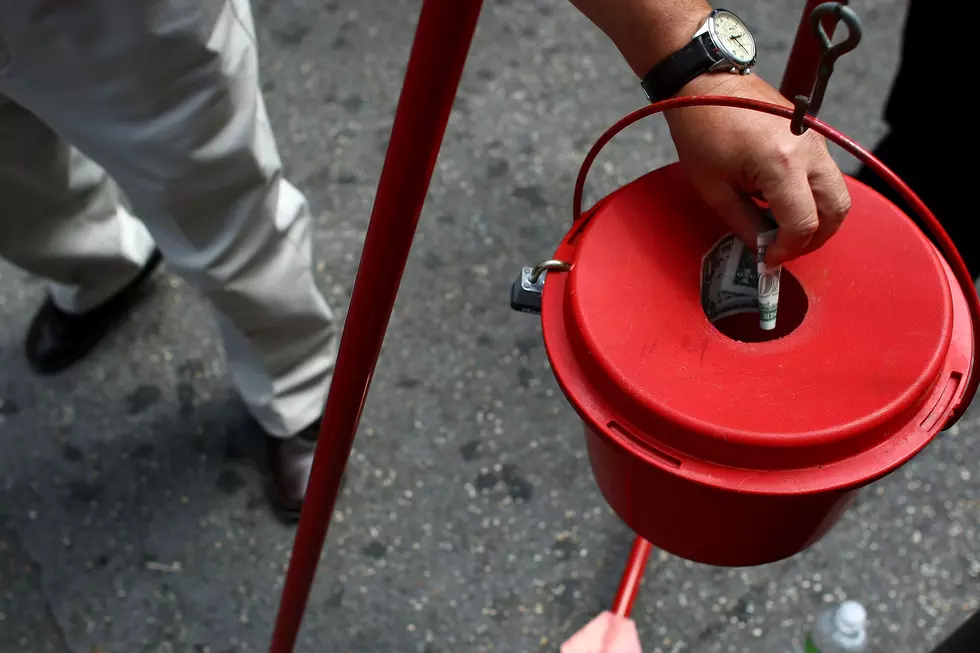![The Truth About Clothing Bin Donations [AUDIO]](http://townsquare.media/site/564/files/2013/01/AMVETS-bins.jpg?w=980&q=75)
The Truth About Clothing Bin Donations [AUDIO]
NEW JERSEY 101.5
When you drop your unwanted clothing into the bins on the side of the road, are you reading the fine print? One would think the clothes are transferred directly to those need, but that's not always the case.
In many instances, the big name on the front of the bin doesn't represent who owns it, or it doesn't represent where the donations are headed.
According to Daniel Borochoff, president of CharityWatch, bigger businesses acquire the right to use an organization's name (AMVETS, D.A.R.E.); in return, the organization receives a flat fee or a percentage of the proceeds. The donated clothing would be shipped overseas for resale as clothes or rags (for- profit), and the money headed to the U.S. organizations would be used for scholarships or programs like drug education.
"It may sound like a charity when it's really not," said Borochoff. "You want to find charities that will actually use the products you donate to help people."
Bins labeled "Salvation Army," for example, are owned by the Salvation Army. The nonprofit sells the donated items in its stores and uses the proceeds to pay for programs such as alcohol rehabilitation.
CharityWatch has been highly critical of the nonprofit Planet Aid, which has bins labeled with its own name. CharityWatch gave a grade 'F' to Planet Aid for the amount of income it devotes to charity purposes. Recent tax filings indicated just 28% of Planet Aid's spending was used for international aid programs. The bulk of spending went to processing clothes for recycling.
A New Jersey law passed in 2007 made the owners of clothing bins more accountable, but without looking closely, consumers can still be misled in terms of where their donations are headed.
Under the law, groups must obtain a permit from a local municipality before they can place one or more bins. Furthermore, the exterior of each bin must explain who owns it, where exactly the clothing will go and who else may benefit from the donations.
However, it is up to local municipalities to comply with the law. Residents can file a complaint with their town if they see any of these requirements overlooked.
"Be proactive," said Borochoff. "Find out which charities are operating better and giving more of your donation to actually helping people."
More From WPG Talk Radio 95.5 FM










